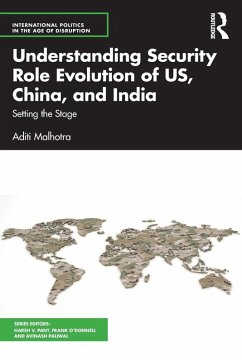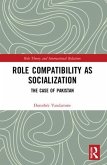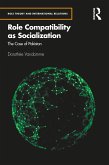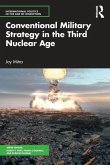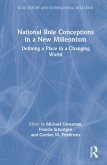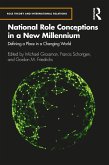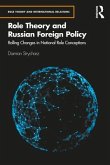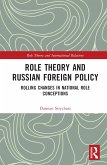This book revolves around the altering security roles of three pivotal powers - the US, China, and India. Each of these actors has experienced incremental changes in their external roles and behaviour over the last two decades, which are determined by the range of domestic and international factors. As each country works towards performing its revised security roles, the policymakers are subject to dilemmas and challenges that impact policy implementation and conduct. Using the framework of role theory, the book analyses the role evolution of these countries and elucidates its link with their security policies in the Indo-Pacific and on the global stage. In the process, it also examines the systemic and sub-systemic factors that determine the foreign and security behaviour of these critical Indo-Pacific countries.
Accessibly written, this volume will be of great interest to scholars and researchers of international relations, security and intelligence studies, political science, and foreign policy. It will also be of great interest to policymakers, career bureaucrats, security and intelligence practitioners, and professionals working with think tanks and embassies.
Accessibly written, this volume will be of great interest to scholars and researchers of international relations, security and intelligence studies, political science, and foreign policy. It will also be of great interest to policymakers, career bureaucrats, security and intelligence practitioners, and professionals working with think tanks and embassies.

